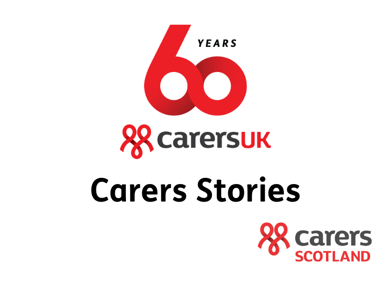For your peace of mind
We advise all carers to create an emergency plan – for you and all those you look after. Having a plan in place can help ease your worries if you are not able to care for those you look after at any point in the future. We can guide you through the process of creating one through our interactive online tool, MyBackUp.
Some tips
In order to create an emergency plan that meets your needs, we recommend you consider bringing together these details:
- details of the name, address and contact details of the person you look after
- who you and the person you look after would like to be contacted in an emergency – this might include friends, family or professionals
- details of any medication the person you look after is taking and where it is stored
- details of any ongoing treatment they need
- noting details of any allergies
- details of their GP and pharmacy
- any ongoing treatment they need
- any care and support services they receive
- any continence products needed and who supplies them
- any mobility challenges and mobility aids such as a wheelchair or hoist
- anything behavioural others need to be aware of.
Why act now?
Having this important information in one place could be of immense support and help when needed at a critical time, when time might be limited. Talk about the plan with the person you care for, if possible, and also with those you would like to be named emergency contacts.
It would also be useful to share it with trusted family members or friends and healthcare professionals. Give people a copy of the plan – or let them know where they can find it and make sure the information is regularly updated. This could help prevent a stressful situation further down the line and lift a weight from your shoulders.
See our video for further information and guidance about contingency planning:
Latest updates

60th Anniversary Stories: In Praise of Young Carers – Pearls (Poem)

Carers Scotland 60th Anniversary Reception and Exhibition

Government confirms benefit increases for 2026-27, including rise in Carer’s Allowance and earnings threshold
Got a question about caring?
Every day we hear from people who need help with looking after a friend or family member
Become a member for free
Joining Carers UK is free and takes just a few minutes.




